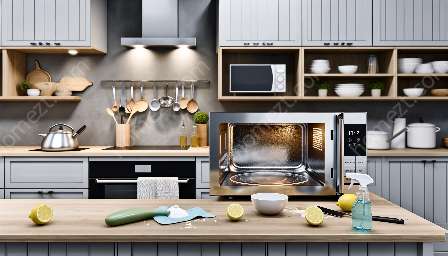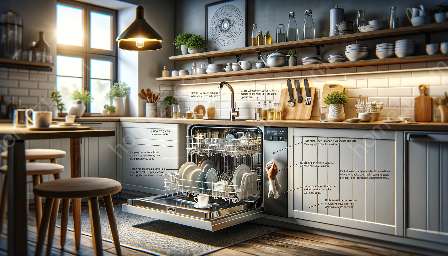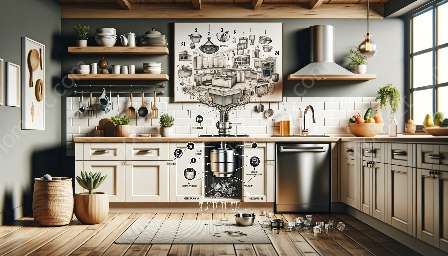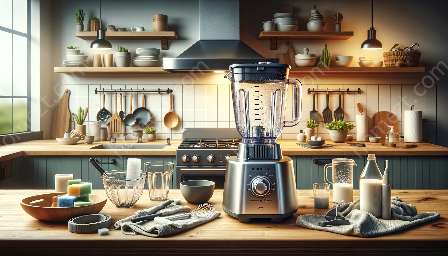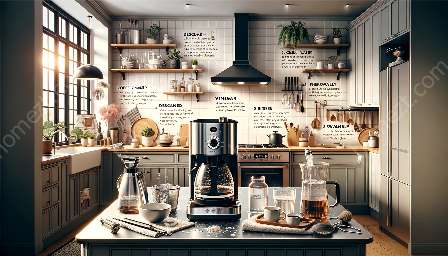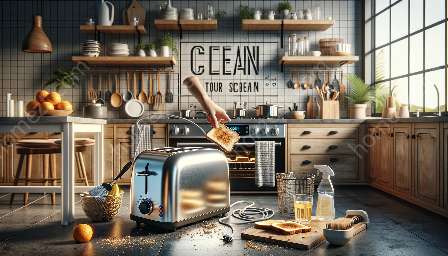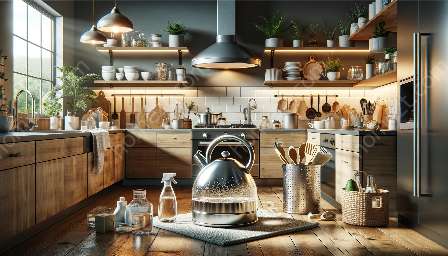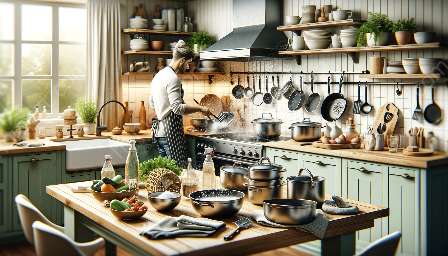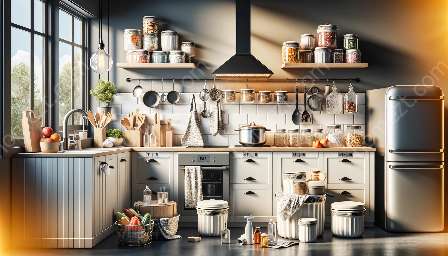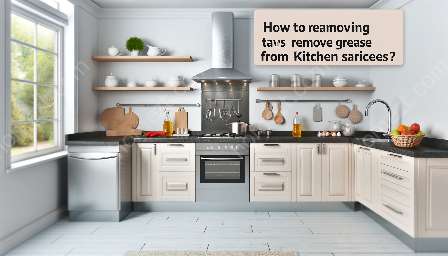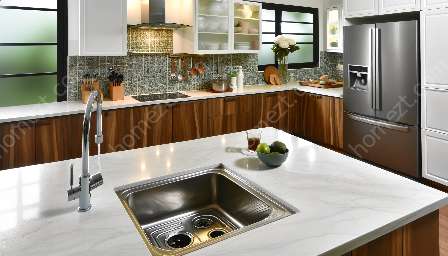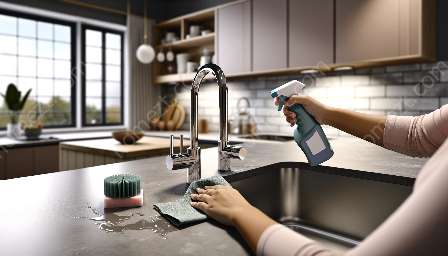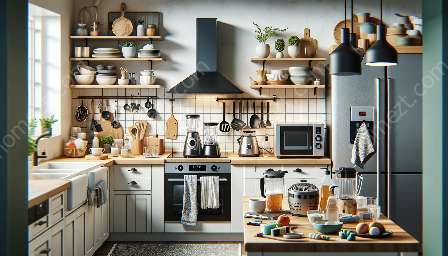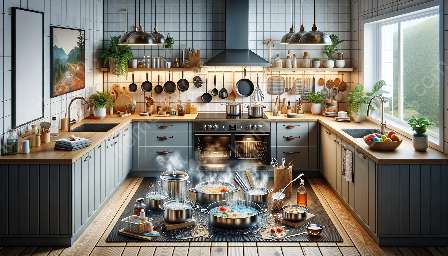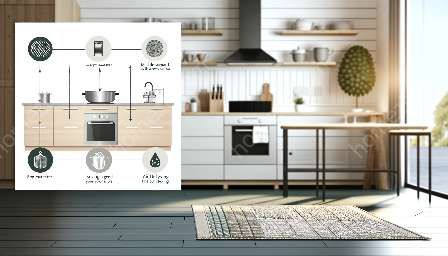Keeping the kitchen clean and hygienic is essential for a healthy and welcoming home. One key aspect of kitchen maintenance is ensuring that the drains are free from clogs and odors. Clogged drains can lead to unpleasant smells and even potential health hazards if not addressed promptly. In this comprehensive guide, we will explore effective methods for cleaning kitchen drains, providing you with practical tips to maintain a pristine and sanitary kitchen environment.
Understanding the Importance of Clean Kitchen Drains
Before delving into the specific cleaning methods, it's essential to understand why maintaining clean kitchen drains is crucial. Kitchen drains are exposed to various substances on a daily basis, including food particles, grease, and soap scum. Over time, these substances can accumulate and lead to clogs, which may result in slow drainage and unpleasant odors. Moreover, clogged drains can create a breeding ground for bacteria and mold, posing health risks to you and your family.
Effective Cleaning Methods
Now, let's explore some effective methods for keeping your kitchen drains clean and free from clogs:
- Boiling Water: A simple yet effective method for preventing minor clogs is pouring boiling water down the drain. This helps to dissolve and flush away any grease and debris that may be causing the blockage.
- Baking Soda and Vinegar: This natural and non-toxic combination can be used to clean and deodorize kitchen drains. Start by pouring a pot of boiling water down the drain, followed by half a cup of baking soda. Allow the mixture to sit for a few minutes before pouring a mixture of one cup of vinegar and one cup of hot water. After the foaming subsides, rinse with another pot of boiling water. This method helps to loosen and remove buildup within the drain.
- Use a Drain Snake: For more stubborn clogs, a drain snake can be an effective tool for physically removing blockages. Insert the drain snake into the drain and twist, push, or pull to dislodge and extract the clog.
- Maintain Good Practices: Prevention is key to maintaining clean kitchen drains. Avoid pouring grease or oil down the drain, and use a sink strainer to catch food particles and debris. Regularly clean the sink stopper and dispose of any food waste in the trash rather than the disposal.
Kitchen Cleaning and Maintenance
In addition to cleaning the drains, it's important to incorporate overall kitchen cleaning and maintenance into your routine. Regularly wipe down countertops, cabinets, and appliances, and sanitize surfaces to prevent the spread of germs. Keep kitchen sponges and dishcloths clean to avoid bacterial contamination. By maintaining a clean and hygienic kitchen environment, you can ensure the health and well-being of your family.
Conclusion
By implementing the methods and tips outlined in this guide, you can effectively clean and maintain your kitchen drains, preventing clogs and odors. Keeping your kitchen drains clean is an essential aspect of kitchen hygiene, contributing to a welcoming and sanitary environment. Through regular maintenance and the adoption of good practices, you can ensure that your kitchen remains a safe and enjoyable space for cooking and dining.




















